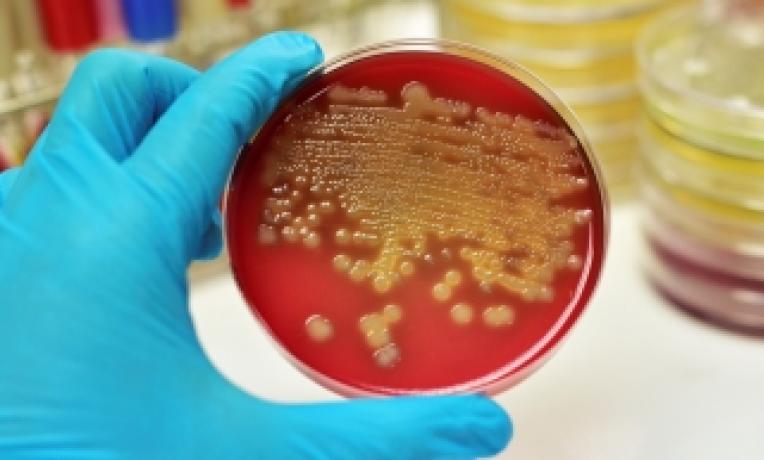New weapons in the fight against antibiotic resistance
Antibiotics are amongst the most crucial discoveries in modern medicine. However, the surge in microbial resistance to these, now common, drugs is a challenge that medical researchers work hard to tackle. Prof. Susanne Häußler from the Helmholtz Centre for Infection Research believes early diagnostic tools could shift the paradigm of how we battle this problem.

Antimicrobial resistance is the phenomenon of the decade, increasing medical expenses, morbidity and costing the European Union alone 25 000 deaths per year. The rush to discover new antibiotics has slowed dramatically, with trials for new compounds becoming rarer and less effective. This is an arms race between microbes and human being, and ERC grantee Prof. Häußler believes that the solution may come from shifting the war from new drugs to better diagnostics.
In her project RESISTOME, Prof. Häußler uses a multi-disciplinary approach that combines work on clinical bacterial isolates with state-of-the-art biomolecular research, next generation-sequencing and array technology, to uncover all genetic determinants of antibiotic resistance. Her work aims at characterising the differences between resistant and non-resistant bacteria, to improve diagnostic instruments.
By working specifically with the common bacterium Pseudomonas aeruginosa, associated with many antibiotic resistant infections, for example in hospital patients and in cystic fibrosis sufferers, Prof. Häußler was able to observe very distinct gene expression profiles in resistant bacterial strains. This work will be the basis for the development of techniques for the early detection of resistance. This should allow treatments to become more personalised, avoiding the indiscriminate use of ineffective antibiotics.


